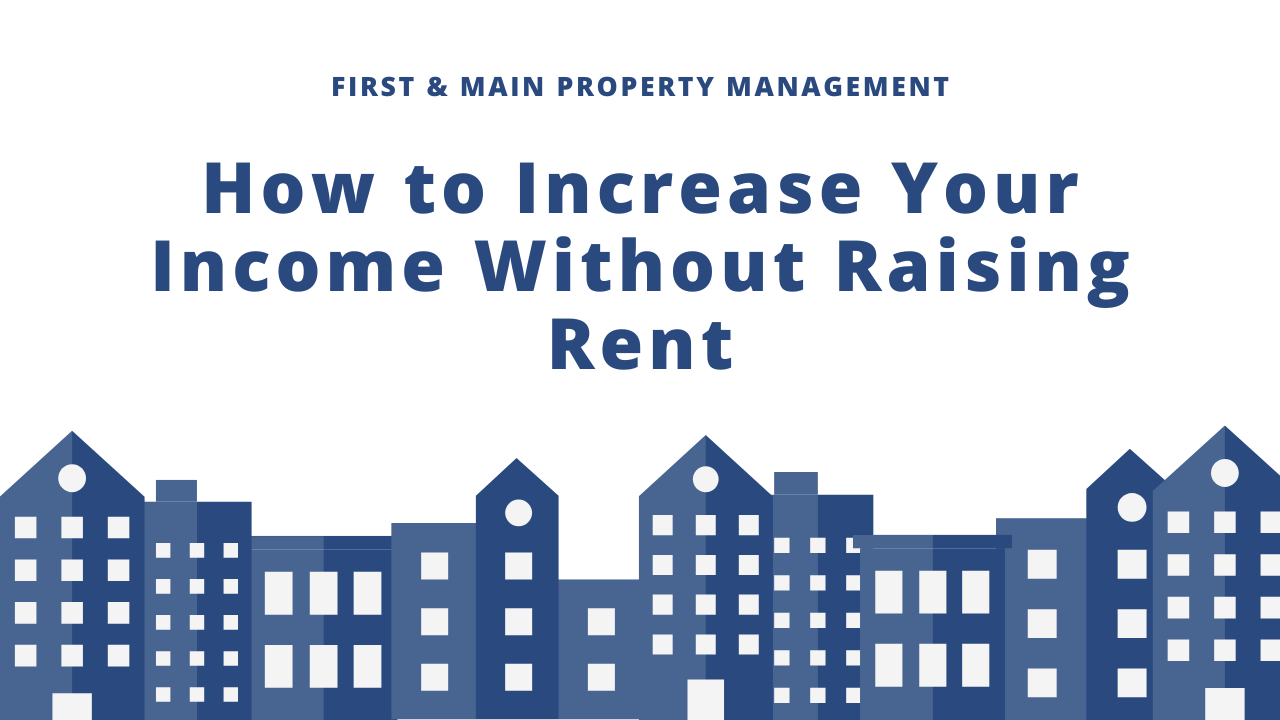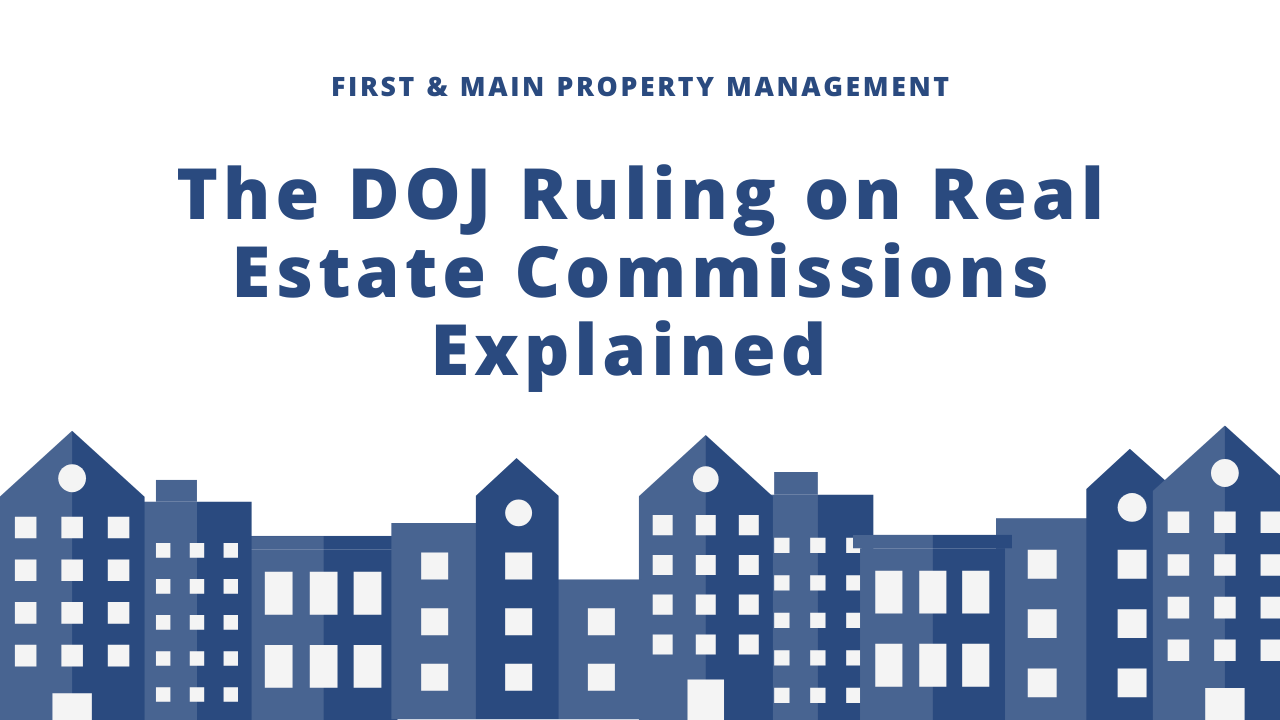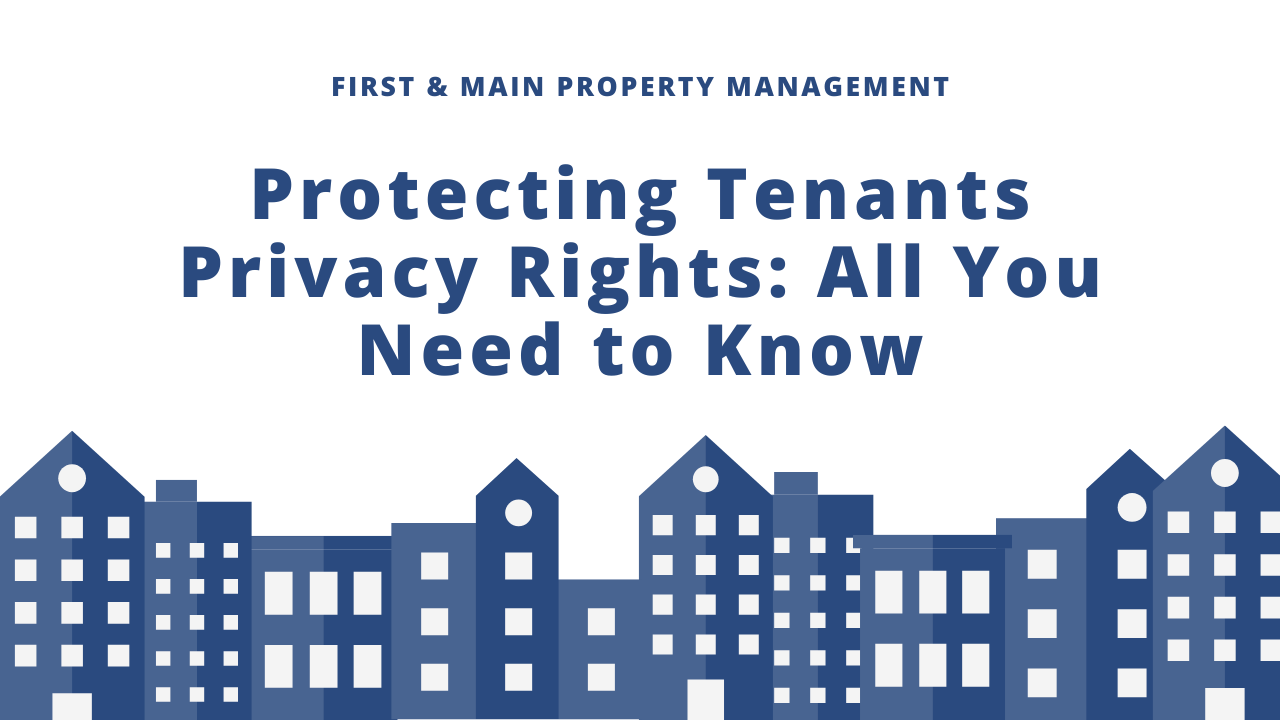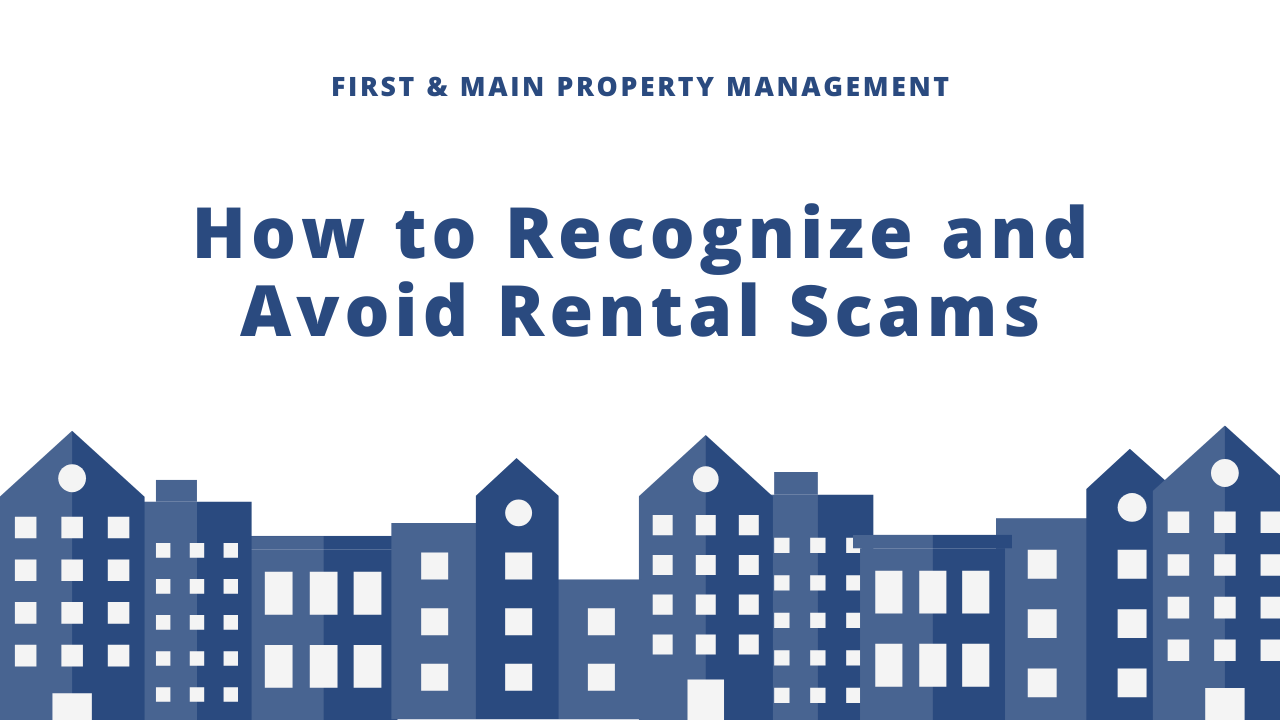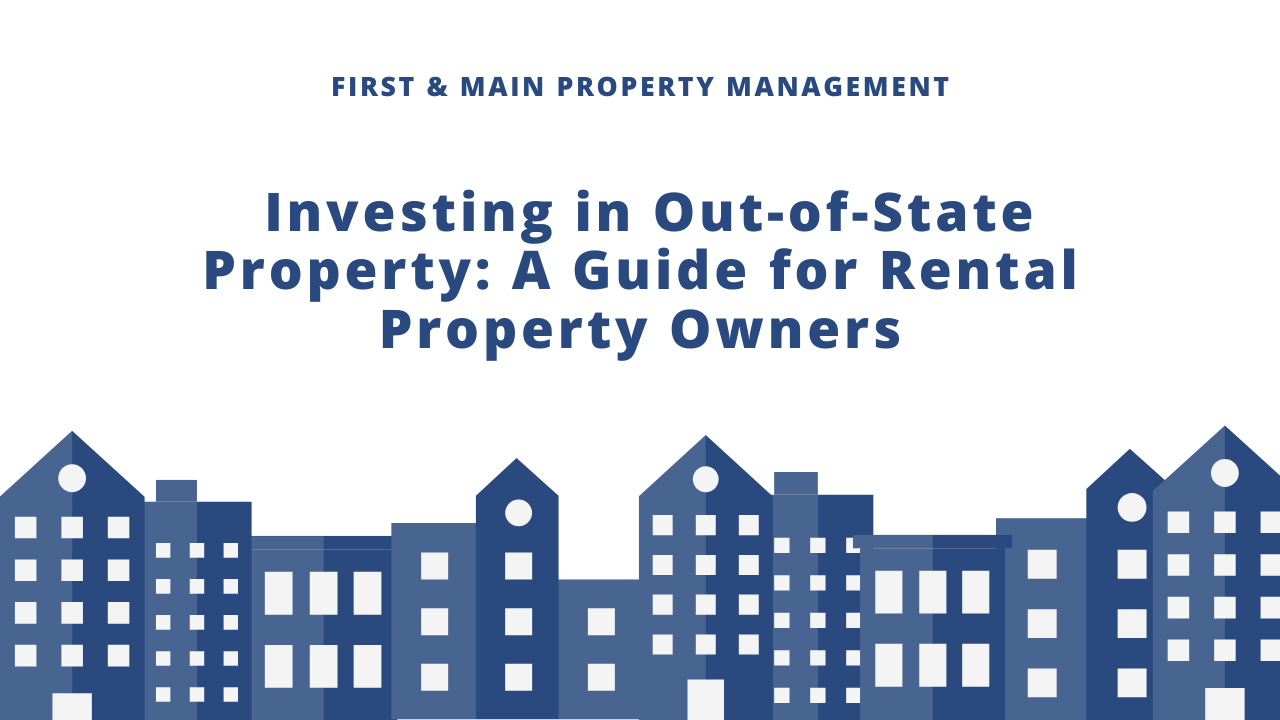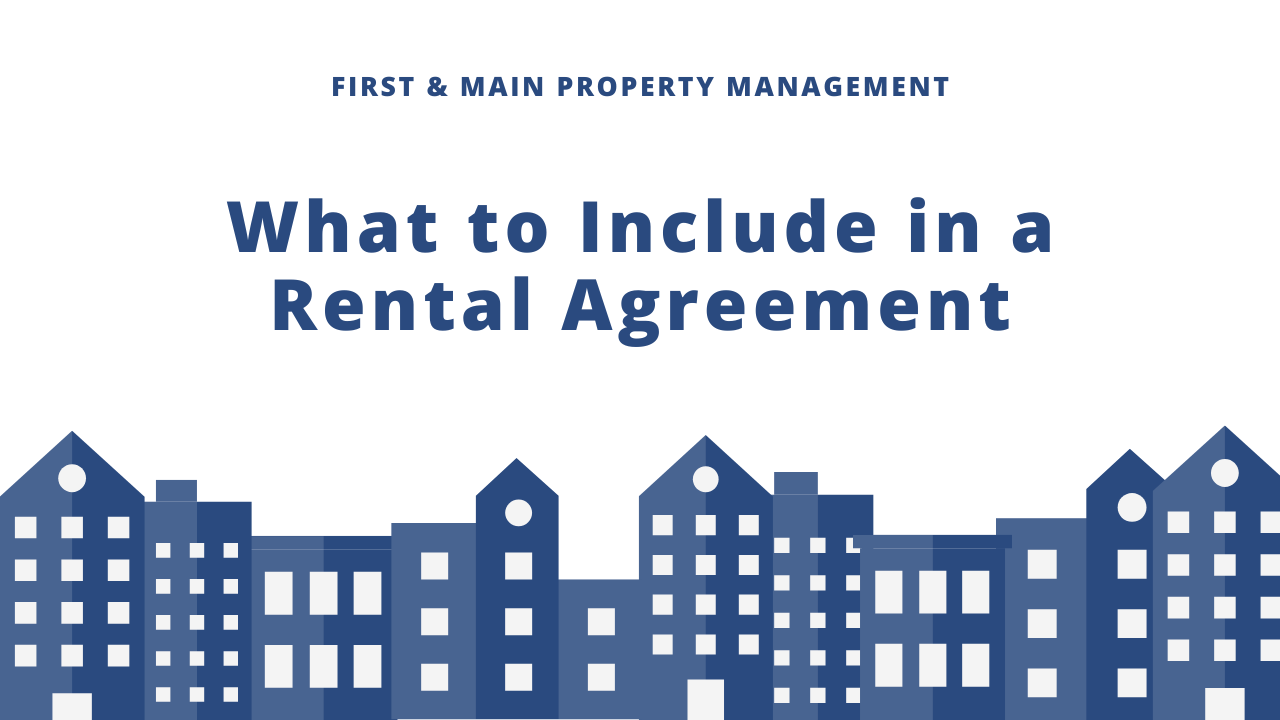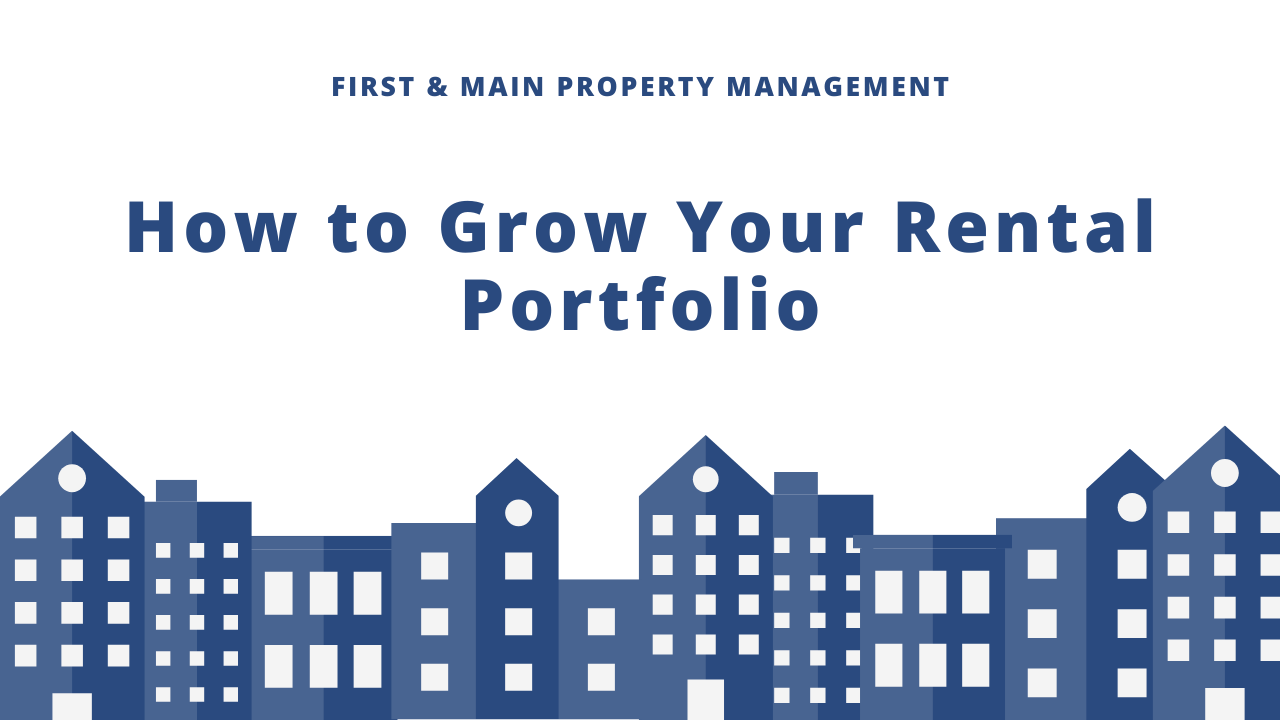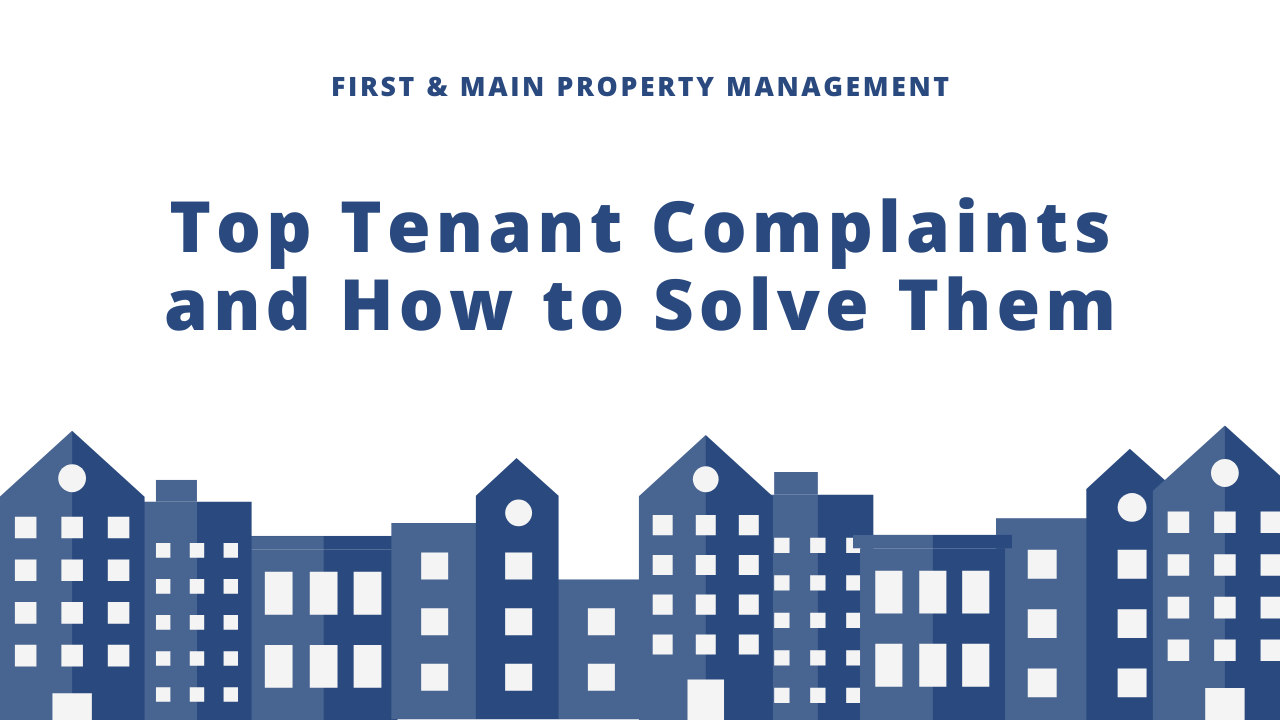12 Terms All Real Estate Investors Should Know
No matter which industry you're entering, you'll encounter specific terms or jargon unique to that field. Meeting with real estate professionals during property negotiations will also expose you to industry-specific terminology. That's why being familiar with real estate terms is beneficial for property investors.
In the following article we’ll cover common real estate terms you should know. Keep reading to learn more!
1. Cash Flow
After paying all your expenses and loans, the money left on hand is known as cash flow. It can either be positive or negative. When you have more rental earnings than expenses, you have positive cash flow. If you end up spending more on operational costs than what you earn, you have negative cash flow.
Investors should make a point of hitting positive cash flow by ensuring they are not accumulating
unnoticed costs.
2. Closing Costs
Closing costs are additional fees that property buyers need to pay aside from the property price. Closing costs can include origination fees, underwriting fees, and appraisal fees, among others. Generally, you pay around 3% to 6% of the property price as closing costs.

Investors should take time to research and speak with sellers as closing costs are often negotiable. Leveraging a knowledgeable real estate agent can provide valuable insights into negotiating closing costs effectively.
3. Commercial Real Estate
Commercial real estate encompasses properties used for business rather than designed for residential use. Common examples of commercial real estate are office buildings, hotels, warehouses, retail shops, malls, and restaurants.
4. Credit Score
A credit score is a number from 300 to 850 assigned to identify a person’s creditworthiness. It is dependent on one’s credit documents and relied upon by lenders before approving a loan, credit limit, or issuing an interest rate.
A high credit score signifies that an individual can be trusted to meet their financial obligations. Lenders give the best interest rates and faster approvals if you have a high credit score.
5. Fair Market Value
The fair market value of a real estate property is the approximate price it will fetch in an open market. Usually, the fair market value can be determined by researching the latest value of three similar properties and then calculating the average price. After determining a fair price you can start marketing your property on various platforms.
6. Diversification
Diversification in real estate means you are spreading the allocation of your money in various markets, property classes, and property types to ensure you obtain the best profit at minimal risk.

With a highly diversified property portfolio, you can reduce your risk exposure. Even if one investment is not performing well, you can rely on your other investments to make up for the loss.
7. Fair Housing Act
The Fair Housing Act was created in 1968 to safeguard tenants from being discriminated against based on race, color, national identity, gender, religion, disability, and familial status. This act refers to housing and is enforced by the Department of Housing and Urban Development (HUD).
In California, there are additional protected classes. As a landlord, it is essential that you fully understand and adhere to your specific state’s Fair Housing laws.
8. Flipping
Some investors use flipping to earn a profit, which is a real estate strategy designed to earn a quick profit from a renovated property that used to be in poor condition.
After fixing the unit, the investor may sell it off at a high price to get a good return on their investment or rent it out at a higher rate and make a long term profit. The profit you make is what you get from selling the property minus what you spent on repairs and buying it in the first place.
9. Financing
In the real estate industry, investors can decide to finance to obtain the required funding for their investment property and the percentage rate that investors cover using their own funds.

Real estate financing options incldue hard money loans, home equity lines of credit (HELOC), traditional financing, or private money loans.
10. Foreclosure
Foreclosure often happens when borrowers have failed to pay their monthly mortgage dues at regular intervals. The mortgage lender can legally get back the payment owed to them by putting the property on sale at a real estate auction.
Some borrowers might struggle to pay back their loans if they don't have a fixed interest rate and the interest rates go up more than they thought.
11. Hard Money Lender
When you need a quick source of funds, you can opt to borrow from a hard money lender. This is a private lender or group of people who allow an individual to borrow short-term in case a real estate investor fails to pass for traditional financing or get approved for conventional mortgage loans.
Often, hard money lenders can be costly and risky since this type of lender will require
collateral property.
12. Homeowner’s Association (HOA)
When a townhome, condo, or multi-family property has several owners, a Homeowner’s Association is often established to take care of the needs of the real estate, including its general operation. Rules and policies are often enforced to ensure that the property is maintained well.
Residents staying in a property development are obliged to pay monthly or annual HOA fees to the organization to support the maintenance of common areas and amenities. These fees can include ground maintenance, landscaping projects, and trash removal to ensure excellent property upkeep of the place you are living in.
Conclusion
Understanding important real estate investment terms is crucial for navigating the market's complexities and making wise investment choices. First and Main Property Management Inc offers indispensable assistance to property investors by offering expertise in market analysis, property management, and investment strategies.
With our guidance and collaboration, investors can confidently navigate real estate investing complexities and enhance their market performance. Let First and Main Property Management be your dependable partner in reaching your investment objectives.

